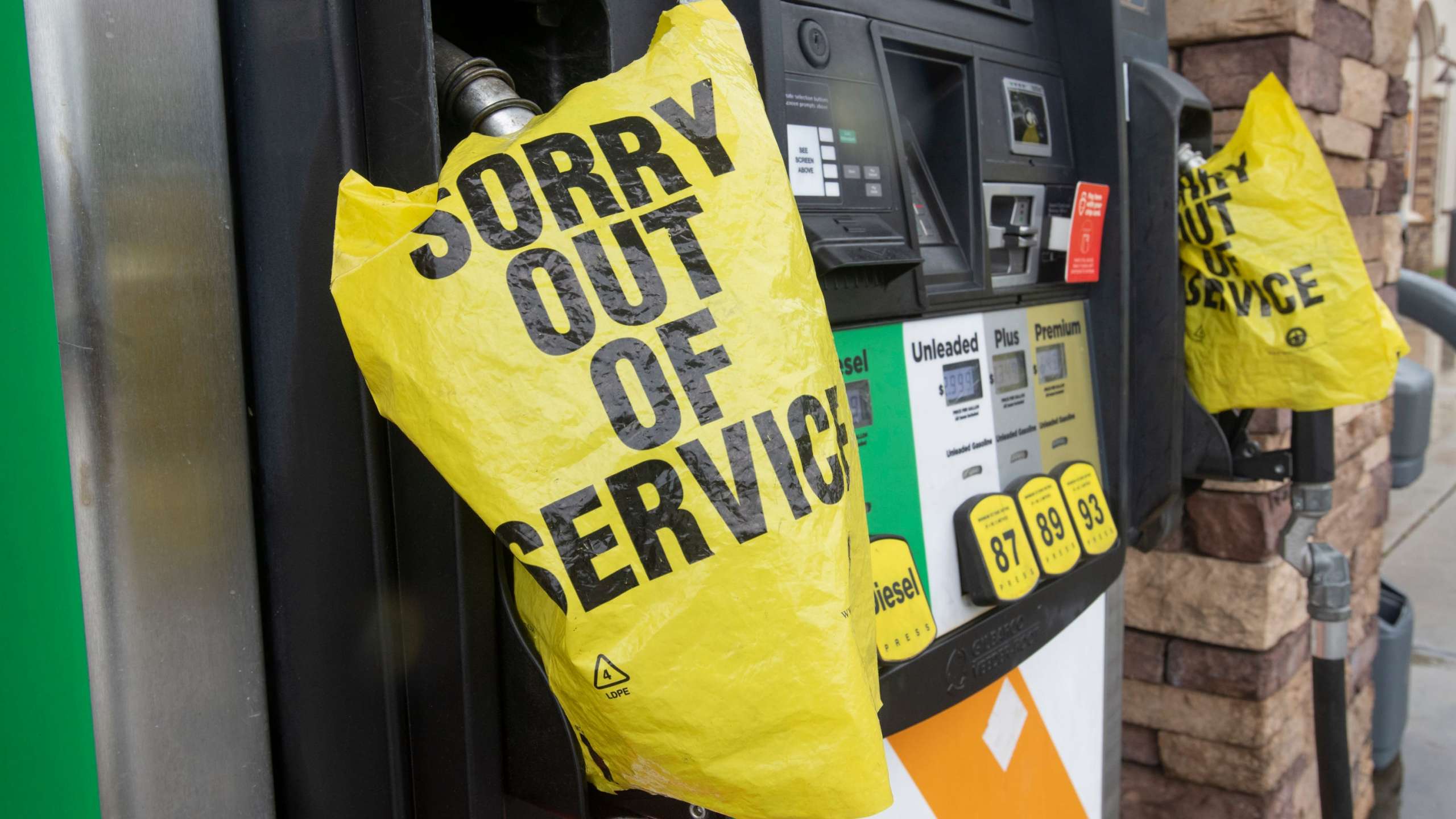Youngkin Proposes Temporary Gas Tax Suspension
Governor Glenn Youngkin announced on Wednesday that he would send a bill to the General Assembly in the upcoming special session to suspend Virginia’s gas tax for three months.
This call for relief comes at a time when gas prices have sky-rocketed across the country due to international conflict. Over the course of the past month, gas prices have risen by around $1 per gallon, making commutes more expensive for everyone.
Youngkin’s proposal would use over $437 million in unanticipated transportation revenues to support the gas tax suspension. A press release from Youngkin’s office cites data released by the Bureau of Labor Statistics this week showing a 38.8% surge, year over year, in the gasoline index, and inflation on all items is at a 40-year high.
The suspension would temporarily remove Virginia’s Motor Vehicle Fuels tax, which is 26.2 cents per gallon for gasoline and 27 cents for diesel per gallon. The sum that would be paid by the Commonwealth Transportation Fund, which, according to Youngkin’s press statement, has $671.4 million unanticipated revenue in fiscal year 2022 and $457.6 million in fiscal year 2023.
“Inflation, especially in energy and gasoline, is increasing because of failed policies by the current Presidential administration that constrain domestic supply. In addition, the conflict in Ukraine is further exacerbating the problem. These rising gas prices are hurting Virginians, and we need to do something about it,” Youngkin said. “The Commonwealth Transportation fund has over $1 billion more revenue than anticipated this year and next, from the taxes paid by the people of Virginia. This bill gives money back to them in the form of a gas tax holiday.”
Youngkin’s proposal will need approval from the General Assembly in order to take effect. As tensions in Europe continue to grow, legislators from both parties across the country are calling for suspensions of state and federal gas taxes. Youngkin will likely succeed in gaining support in the Republican-controlled House of Delegates, but he may face challenges gaining support from the Democratic majority in the Virginia Senate. Youngkin had a difficult time working with the Democratic majority during the 2022 legislative session.
Similar legislation is currently pending in multiple states and in the United States House of Representatives and Senate. Opponents of the policy believe that we need better insight into potential long-term economic impacts.



